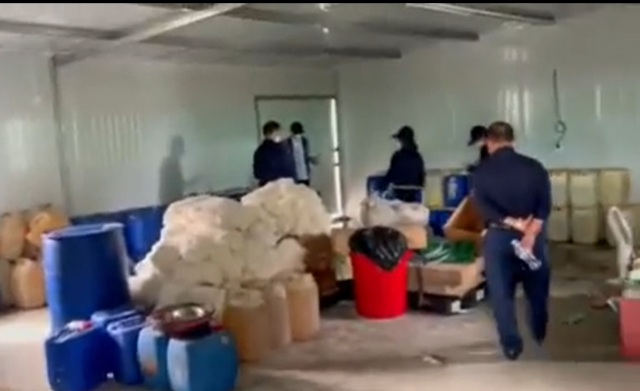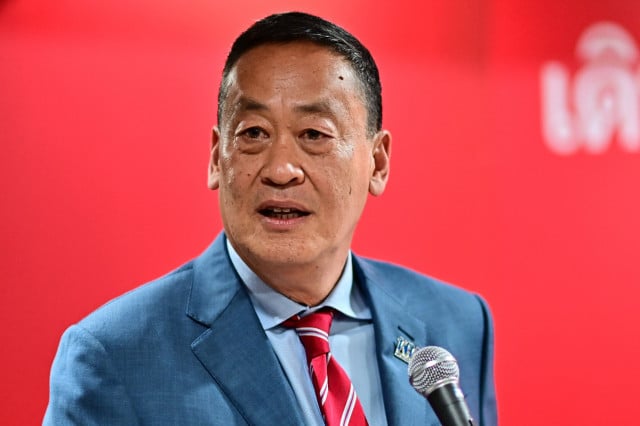Join Forces to Tackle Drugs Menace: Sar Kheng

- By Meng Seavmey
- February 12, 2022 3:15 PM
Rehabilitation plan to replace ineffective scheme
PHNOM PENH--Interior Minister Sar Kheng this week expressed deep concern over rises in drug trafficking, calling on all parties to strengthen cooperation to deal with the issue.
Kheng, who is also Deputy Prime Minister, said more than 54 percent of the 38,000 people in jail are there for drug-related cases, causing prison overcrowding. These include dealers and users.
Speaking at the Road Traffic Safety Review of 2021 and Work Plan for 2022 conference on Feb. 9 at the Ministry of Public Works and Transport, Kheng said this is a growing concern that requires everyone’s attention and cooperation.
“We want criticism as well as a practical contribution to solving social problems,” Kheng said, adding that the authorities want the media, journalists and non-governmental organizations to participate in drugs prevention.
The minister spoke of drug rehabilitation and neutralization to reduce the overcrowding. “We may take them somewhere to work, such as growing vegetables for eight hours a day.”
He would discuss a drug rehabilitation plan further with the National Authority for Combating Drugs (NACD) and urged provincial authorities to consider the plan before the Interior Ministry’s upcoming annual conference.
Yong Kim Eng, president of People Center for Development and Peace and a board member of the Cambodian Human Rights and Development Association (ADHOC), hoped that the plan would be effective in reducing trafficking to a minimal level.
“Drug trafficking, both using and dealing, seriously affects society, especially Cambodian youths, their lifestyle, heath, education and future as well as their family,” Kim Eng said.
The previous strategy had not been effective because the implementation took place for only for a short period and then went silent. “It did not last long,” he said.
Kim Eng suggested that all relevant parties in society participate more openly and freely in response to drug trafficking.
“We will be able to minimize cases for users and dealers if there is cooperation and participation from the public,” he said.
Kim Eng said there was a lack of cooperation from public and private institutions in tracking the drug trade.
“There have been chemical substances from which drugs can be made imported into the country, and that is what the authorities and experts like NACD should put more efforts into.”
Meas Vyrith, secretary-general of the National Authority for Combating Drugs, could not be reached for comment.
On Jan. 25, Kheng revealed that drugs alone are no longer being smuggled into Cambodia. Chemical compounds needed to produce drugs domestically are being imported legally with more than 100 tonnes of drugs seized by authorities in recent months.
He warned that officials who permitted imports of drug precursor chemicals would face criminal charges.
Kheng’s statement prompted Agriculture Minister Veng Sakhon to order officials to pay more attention to examining the composition of chemical fertilizers and pesticides and to cooperate with drug authorities over the examination.















